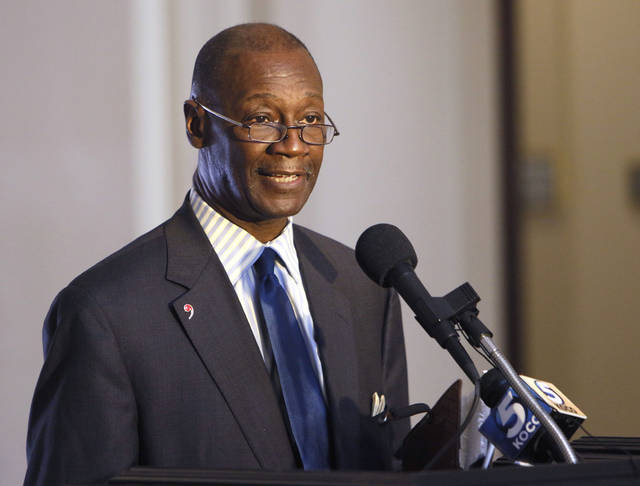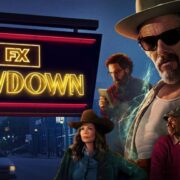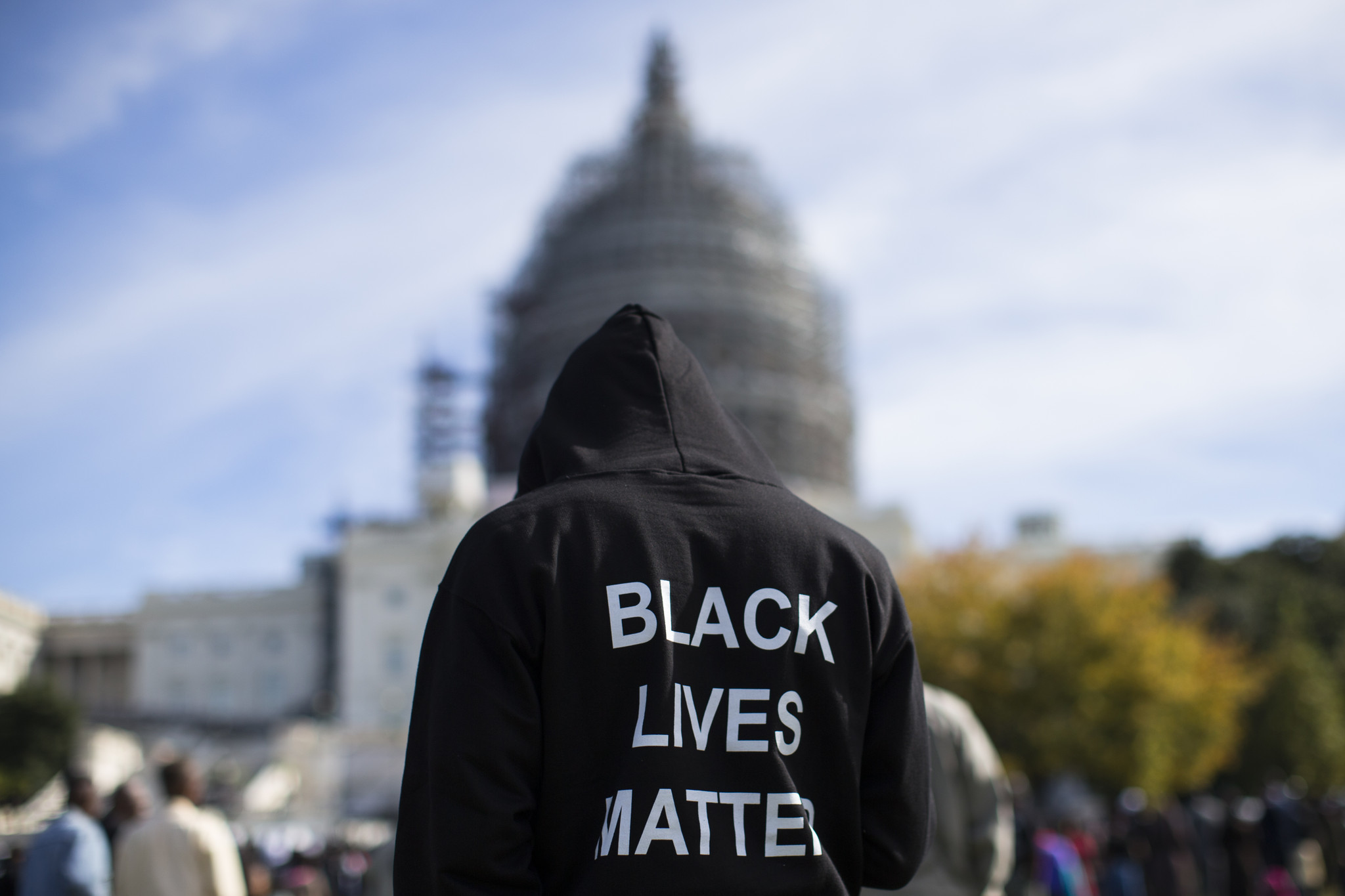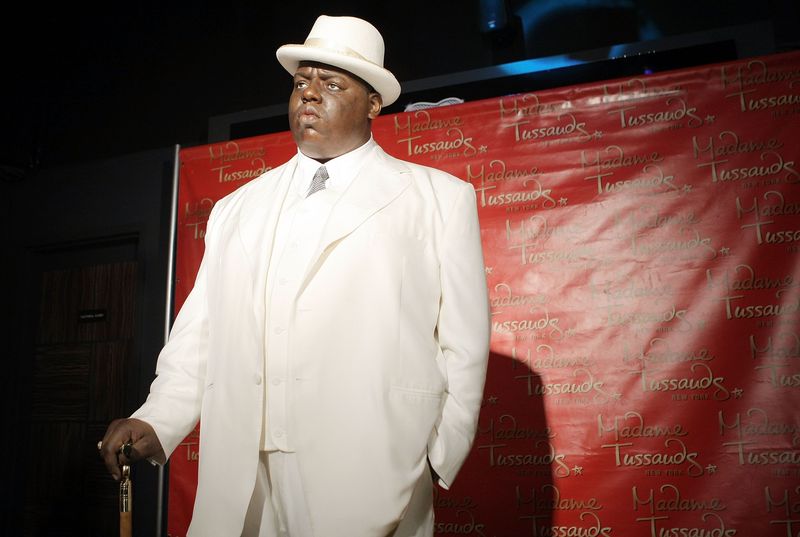
by William Crum
With Mayor Mick Cornett’s decision to step aside next year, hopefuls have begun lining up for the race to succeed the longest-serving mayor in Oklahoma City history.
Along with the other eight city council members, Oklahoma City’s next mayor will oversee the completion of MAPS 3 and, perhaps, implementation of MAPS 4.
Sidewalks, streets and bridges, and public safety, will be top priorities the next four years.
State Rep. George Young
State Rep. George Young represents District 99 in the Oklahoma House of Representatives.
Young served as the second pastor of Holy Temple Baptist Church, 1540 NE 50, retiring in 2013. He was elected to the Legislature in 2014 and re-elected last November, winning both times with more than 80 percent of the vote.
Young co-authored a column in The Oklahoman last year in favor of State Questions 780 and 781, criminal justice reform measures subsequently adopted by voters in November.
He grew up in Memphis, and has earned degrees from Phillips Theological Seminary in Tulsa and Oklahoma Christian University in Edmond. He is a member of the board of the United Way of Central Oklahoma.
Young says he is considering whether to enter the race for mayor.
Ward 2 Councilman Ed Shadid
After Cornett announced he would not seek re-election, Ward 2 Councilman Ed Shadid said he would consider another run.
Shadid challenged Cornett in a four-way race in 2014, drawing 32.8 percent of the vote. Cornett had 65.7 percent.
Shadid put it this way: “I am actively considering my role in leading the city toward the rewards of a stable and diversified future.”
Those comments fit with his conviction that Oklahoma City needs a diversified economy less dependent on oil-and-gas to secure its future. Shadid, like Young, is an advocate for improved transit.
He also has advocated opening city government in ways that encourage public participation.
The recent series of workshops throughout the city on plans for the 2017 general-obligation bond demonstrated city leaders are getting the message.
County Commissioner Brian Maughan
Three-term District 2 County Commissioner Brian Maughan announced for mayor the same day Cornett said he would not run.
Maughan focused on practicalities, saying streets, infrastructure and public safety would be his top priorities as mayor.
During the renaissance most recently overseen by Cornett, Maughan said, the city has outgrown the capacity of the police and fire departments. It is true that the police chief and Fraternal Order of Police agree on the need for more officers.
While Cornett has said growth will take care of public safety needs, the city has struggled to train and deploy enough police officers to keep up with retirements and attrition.
Augmenting public safety agencies “should be the first priority of the next administration at City Hall,” Maughan said.
Maughan’s years as county commissioner inevitably have taught him about road and bridge construction.
He also has pledged to “bury … forever” the north-south divide in Oklahoma City.
State Sen. David Holt
State Sen. David Holt served five years as Cornett’s chief of staff and has been closely aligned with the mayor.
Holt’s service in Republican politics reaches back to the early 2000s when, as a new graduate of The George Washington University, he went to work at the Office of Legislative Affairs in the George W. Bush White House.
Holt left City Hall for the state Senate in 2010 and was unopposed for re-election in 2014.
The former college sports writer began his campaign for mayor on an aspirational note, promoting the idea of “One OKC” and saying he believes Oklahoma City’s “best days still lie ahead.”
With his service in City Hall and role as Cornett’s campaign manager in the 2014 race against Shadid, Holt knows as well as anyone the mayoral electorate in Oklahoma City.
Holt helped Cornett assemble 31,500 votes for that victory.
Cornett’s leadership
Oklahoma City’s mayor is elected on a nonpartisan basis and has an equal vote on the city council with the eight council members.
Still, the mayor presides at council meetings, occupies an office next to the city manager at City Hall, has significant say in appointments to city boards and commissions, and generally enjoys considerable deference in policy-making.
Cornett has leveraged his communication skills from a career as a television sportscaster and news reporter to bring national attention to Oklahoma City and the renaissance begun with the first MAPS project in the 1990s under former Mayor Ron Norick.
Cornett has focused on better health by putting the city on a “diet” documented in a popular TED Talk and through shaping MAPS 3 to include sidewalks and trails, a white-water recreation center, and senior health and wellness centers.
MAPS 3 has become a model for pay-as-you-go municipal government, opening projects debt-free. A legacy still in the making is the city’s aggressive effort under Cornett to forge successful private-public partnerships to deliver government services.
The mayor’s race will take its final shape when candidates file with the Oklahoma County Election Board, most likely in December. The primary will be in February.









